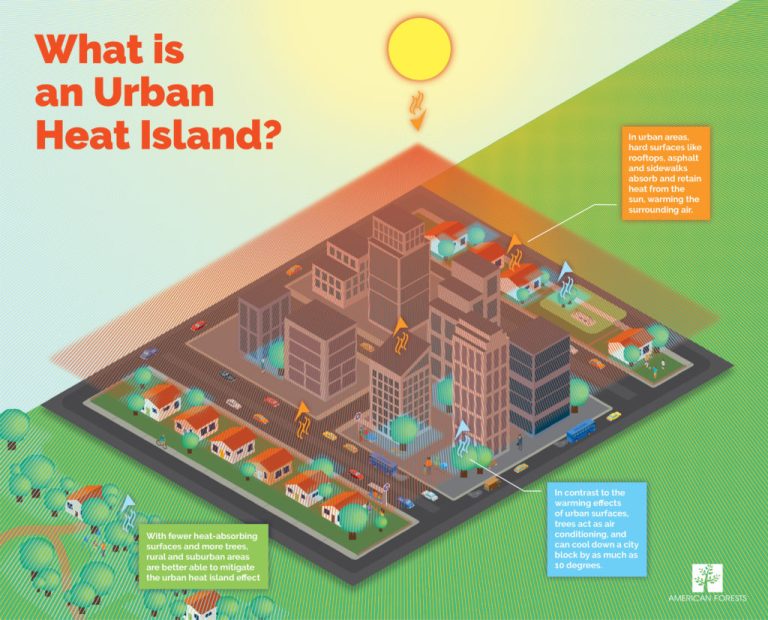Hong Kong is taking significant strides in transforming its healthcare approach with two innovative initiatives aimed at improving chronic disease management and community healthcare accessibility. The Medical and Health Bureau is developing a comprehensive “Chronic Disease Co-governance Platform” that promises to revolutionize how citizens receive medical care and manage long-term health conditions.
The new platform represents a substantial expansion of the current Chronic Disease Co-governance Plan, which has already shown promising results. In its existing form, the program has engaged 131,000 participants, with 74,000 completing health screenings. Most notably, approximately 31,000 individuals have been diagnosed with diabetes, hypertension, or hyperlipidemia and have entered targeted treatment pathways.

Early outcomes from the program are encouraging. Diabetic participants have experienced a 1.0% decrease in glycosylated hemoglobin levels, while those with hypertension have seen an impressive 15.0 mmHg reduction in systolic blood pressure. These results underscore the potential of coordinated, proactive healthcare management.
Central to the new platform is the establishment of a family doctor system, which will serve as the primary point of contact for citizens’ medical needs. These family doctors will act as first-line primary medical service providers, creating a more personalized and continuous healthcare experience. A sophisticated two-way referral mechanism will ensure that individuals with complex medical conditions receive timely and specialized follow-up care.
The platform’s scope extends beyond its current focus on diabetes and hypertension. It aims to integrate primary medical service resources and incorporate additional health empowerment elements and preventive care projects. Health centers and family doctors will be crucial pillars in this comprehensive approach. The platform will also implement the previously announced hepatitis B screening program, further expanding its preventive healthcare capabilities.
Complementing the Chronic Disease Co-governance Platform is the Community Pharmacy Scheme, another innovative initiative set to transform healthcare accessibility. Scheduled for phased implementation starting in the fourth quarter of 2026, the scheme aims to establish at least four to five community pharmacies in each of Hong Kong’s districts. The rollout will begin with a pilot program in select districts before expanding to all 18 districts.
The Community Pharmacy Scheme will have two primary components. The Community track will focus on neighborhood-level pharmacy services, while the Institutional Care track is set to begin its first tendering phase in the first quarter of 2026, with implementation starting in the first quarter of 2027.
These initiatives represent a holistic approach to healthcare, emphasizing prevention, early detection, and continuous management of chronic conditions. By creating more accessible, integrated, and personalized healthcare services, Hong Kong is positioning itself at the forefront of modern public health strategies.
The Medical and Health Bureau’s forward-thinking approach demonstrates a commitment to improving citizens’ health outcomes through innovative, data-driven solutions. As these platforms roll out, residents can look forward to more comprehensive, convenient, and effective healthcare services that prioritize both individual and community well-being.












